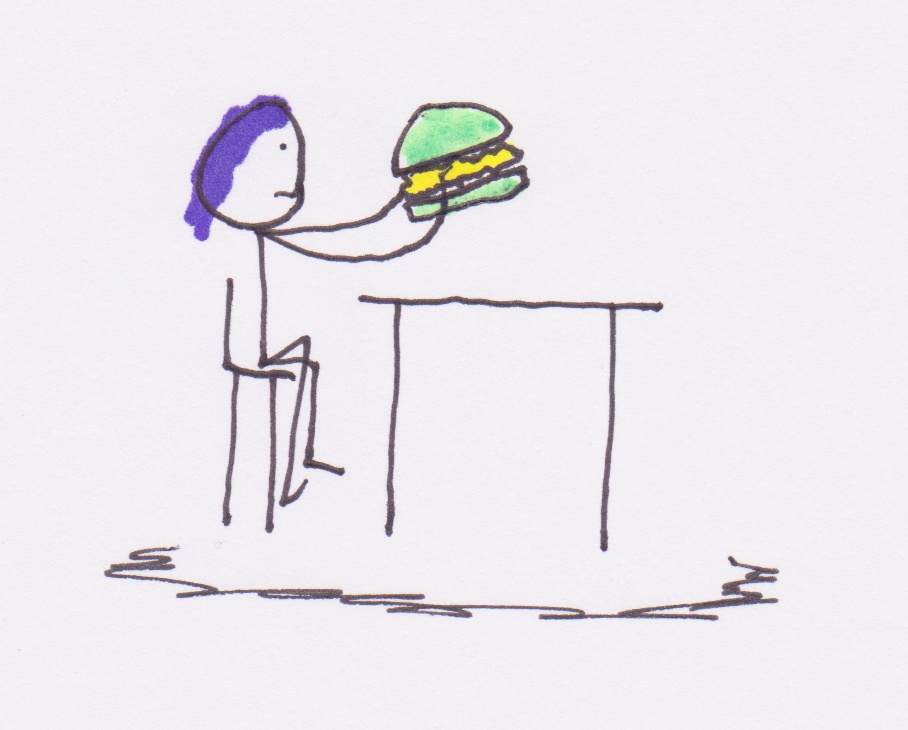
The best part about America being the most overweight nation on the planet is that, boy, can America make superb beef burgers. God damnit, why do I have to be mean even when I’m being nice. I tell you, I should have called this blog “Things other people apart from me do badly”. That way I could be persistently negative and snipey without really making any constructive effort to remedy the situation, which is my favourite thing.
If you walk into a random bar in the United Kingdom and order a beef burger, you can guarantee some things about it. Firstly, it will be black and hard around the edges, as though it has been fried more than once in its tortured life. Second, it will be strangely soggy in the middle, as though it was finally put out of its misery in a microwave oven. If it’s an upscale bar, you’ll probably get a large piece of wizened-looking tomato to go along with it, and if it’s a really fancy joint then you’ll get a pickle. Generally a burger you bought in a British pub can be regarded as a good one if it’s possible to tell the meat from the bun.
The first time I ordered a burger in America, the waitress asked, “And how would you like your burger?” I peered back at her. “I beg your pardon?” “How would you like your burger, sir?” I tried to sneak a peak at the menu to see if I’d accidentally ordered the Kobe special. The waitress tried to help, “For example, sir, medium rare?” I looked at the waitress and back at the menu. A burger medium rare? Are you nuts? At that sort of temperature the eyeballs and toenails won’t even have melted. “Umm… medium,” I said, and waited for her to ask whether I’d like my chips cooked or not.
As to why Americans are so good at burgers, I can only assume that it comes down to the fact that America actually has a lot of space in it. A cow reared in America owns its own piece of land and has a tree-lined driveway and a hot tub. A cow reared in Europe is sharing a room with another cow in order to pay the exorbitant rent, and turning tricks in the evenings to make ends meet. She’d stop smoking if it wasn’t for the coke habit, which has made her udders practically disappear and left her gaunt and emaciated. How cows are supposed to cut coke with no fingers I’m not sure. This post needs some work to be believable, but it’s getting late now.






